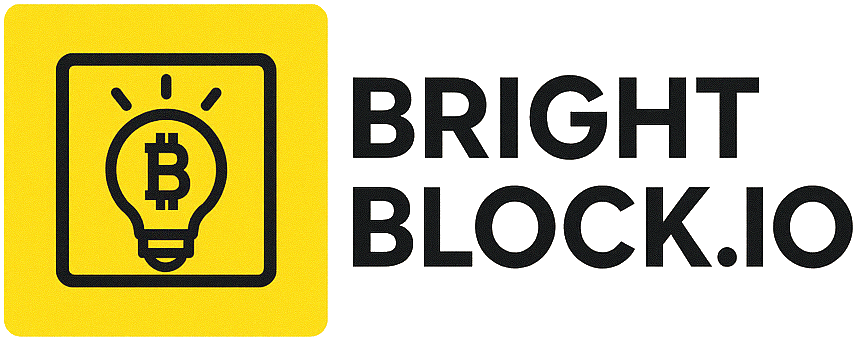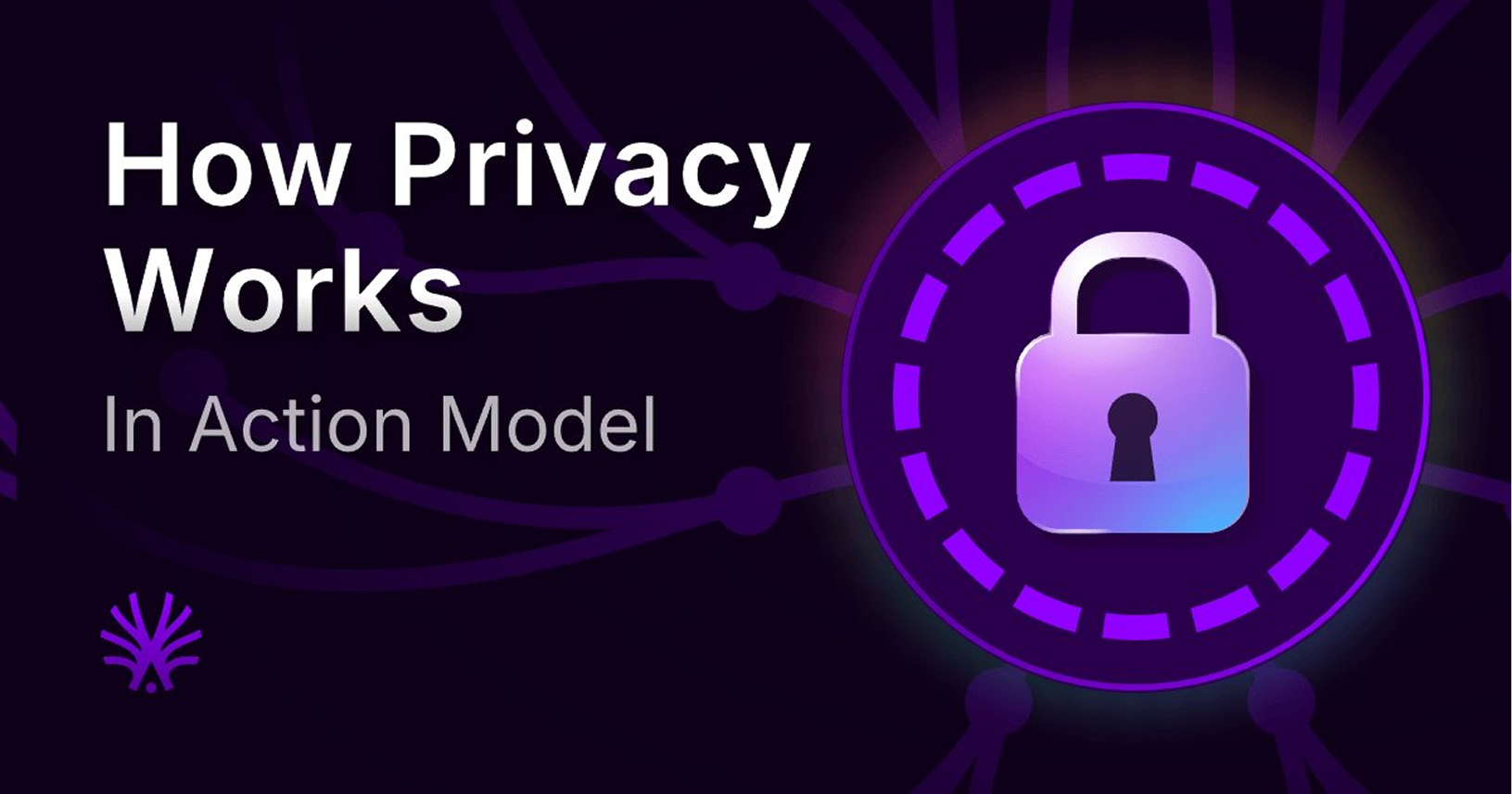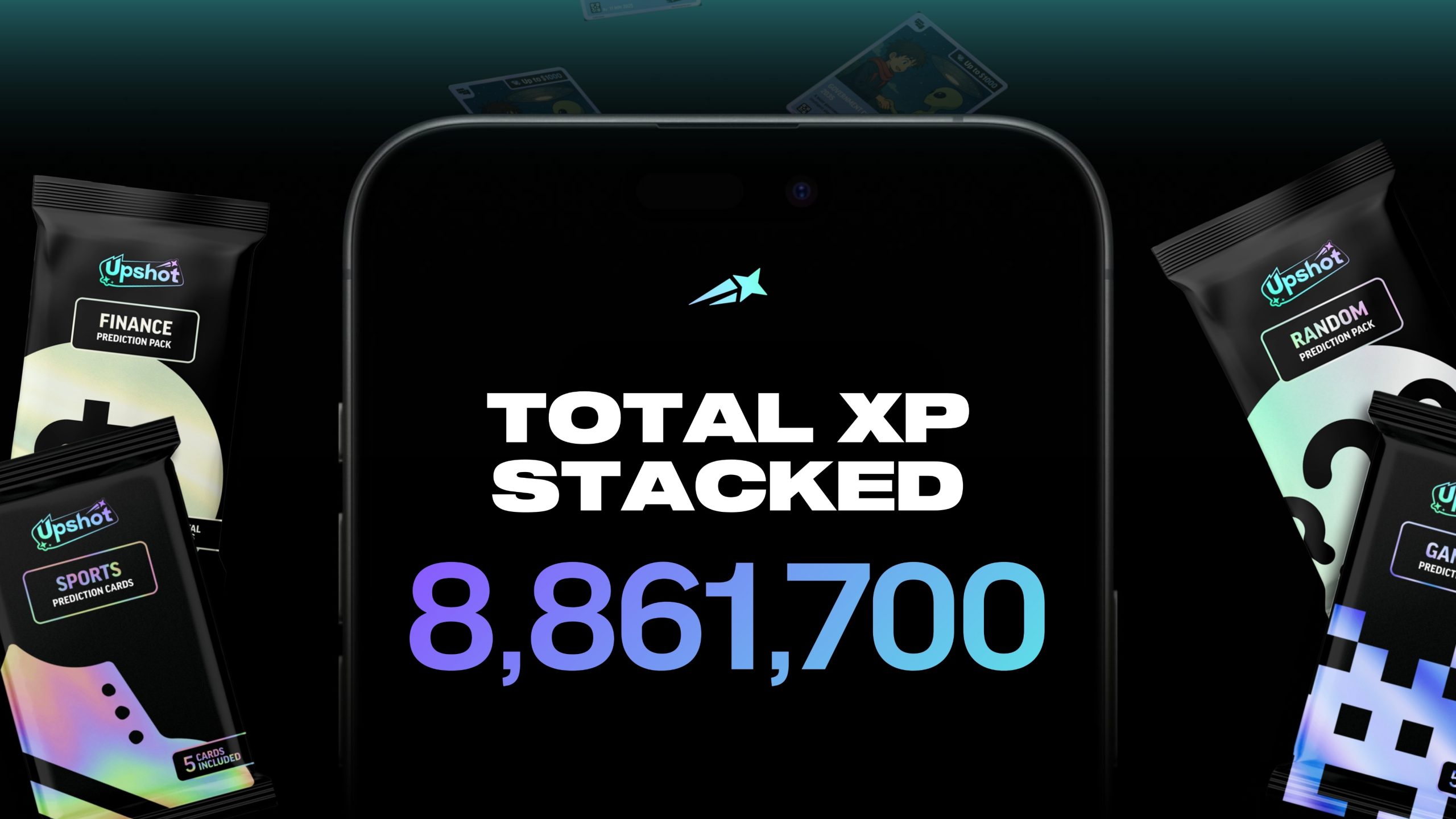Key Takeaways
- Trump administration is reportedly “leaning toward a pardon” for former Binance CEO Changpeng “CZ” Zhao.
- CZ confirmed he had applied for a pardon, publicly stating the case was weak and noting he pleaded only to a single violation.
- A final decision is pending, with some White House insiders concerned about the “optics” of pardoning a crypto figure given the President’s public ties to the sector and associated business interests.
Former Binance co-founder Changpeng “CZ” Zhao, who recently completed a four-month prison sentence, is reportedly a candidate for a presidential pardon from the Trump administration.
Sources close to Zhao have suggested that the current administration views the case against him, a plea of guilty to a money laundering charge in 2024, as “pretty weak,” arguing it did not warrant a felony charge or jail time. This potential pardon is viewed by some as a reflection of the White House’s increasingly friendly posture toward the crypto industry.
The pardon, if granted, could clear the way for Zhao’s more active return to the crypto exchange, where he remains the largest single shareholder despite having stepped down as CEO.
The current administration has previously advanced legislation for the sector and pardoned other prominent crypto figures, including the founders of BitMEX and Silk Road creator Ross Ulbricht, setting a precedent for this type of clemency.
CZ Addresses BSA Violation and Case Strength
In response to reports of a possible pardon, Changpeng “CZ” Zhao took to social media, writing that it would be “great news if true”. CZ clarified that his conviction was not for fraud, but for a single violation of the Banking Secrecy Act (BSA) related to failing to maintain an effective anti-money laundering (AML) program at Binance.
CZ noted that he believes he is the only person in U.S. history to have been sentenced to jail for a single BSA violation without any other charges or a prior criminal history.
His plea agreement, reached in November 2023, required him to resign as CEO and pay a $50 million fine, while Binance itself was fined a massive $4.3 billion.
Political Context and The FTX Aftershock
A final decision on the pardon is anticipated soon, but political observers note a potential hurdle: the “optics” of the pardon. Concerns have been raised within the White House regarding the conflict of interest that could arise given President Trump’s business connections to the crypto sector, including his memecoin and decentralized finance protocol, World Liberty Financial.
Beyond political concerns, a narrative among some top crypto executives is that the enforcement action against CZ was an overreaction by regulators still reeling from the devastating collapse of Sam Bankman-Fried’s FTX exchange. These industry players feel that since Zhao was not accused of fraud, unlike the former FTX leader who is serving a 25-year sentence for multiple felonies, his jail sentence was an overly harsh move designed to “make an example” out of a prominent figure who operated in the US market without full compliance.
Final Thoughts
While Zhao’s case was a significant milestone for US regulators asserting authority over global exchanges, a pardon would be seen by many in the community as a powerful symbol of political support for digital assets and a step back from the punitive approach of the past.
Frequently Asked Questions
What was CZ charged with?
He pleaded guilty to a single felony charge of violating the Banking Secrecy Act (BSA) by failing to maintain an effective Anti-Money Laundering (AML) program at Binance.
Why is the pardon complicated?
Some in the White House are concerned about the “optics” due to President Trump’s public ties and business interests in the crypto sector, which could suggest a conflict of interest.
Did he serve prison time?
Yes, as part of his plea deal, CZ resigned as CEO, paid a $50 million fine, and served a four-month sentence in a US prison.






